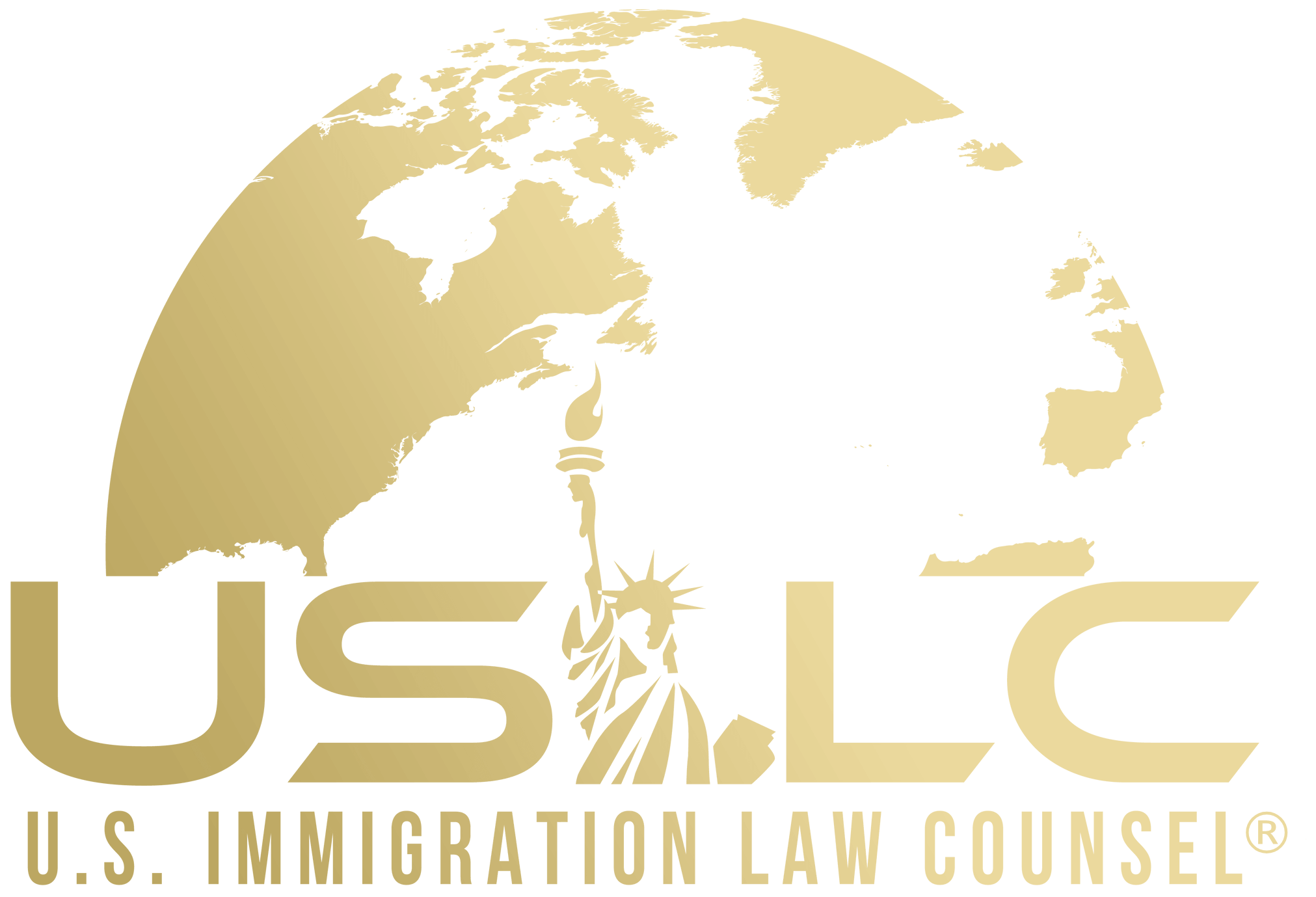Helaman Hansen, a charismatic Elk Grove businessman who defrauded 471 undocumented immigrants out of their savings by promising them they could be adopted into citizenship, was sentenced to 20 years in federal prison Thursday.
“He has hurt so many people, and even today he still believes he’s done what he could for these people,” said U.S. District Judge Morrison C. England Jr. “He really doesn’t get it. I believe the victims caught up in this scheme were very vulnerable and were trying their best to become citizens. As one victim said today, they were duped.”
England ordered Hansen to pay $576,264 in restitution to his victims. But after the sentencing, Assistant U.S. Attorneys André M. Espinosa and Katherine T. Lydon told about half a dozen victims who had come to the sentencing that Hansen doesn’t have the money to pay the judgment.
“He lived in a rented house and drove an old car,” Espinosa said. Lydon added that federal investigators were unable to find any hidden assets.
At his 11-day trial last spring, Hansen, 65, insisted he put all the money back into his organization, Americans Helping America, and several sister organizations to sell memberships in what he called a migration program. A jury in Sacramento U.S. District Court found Hansen guilty of 12 counts of mail fraud, three counts of wire fraud and two counts of encouraging and inducing illegal immigration for private financial gain.
Between October 2012 and January 2016, Hansen and his agents allegedly targeted undocumented immigrants from Mexico, Fiji, India, Ecuador, Laos and other nations. They paid between $150 and $10,000 on the false promise that they would obtain American citizenship after being adopted by U.S. citizens.
While some people as old as 50 were adopted through Hansen’s group, none ever gained citizenship. Only undocumented immigrants under age 16 can achieve citizenship by being legally adopted by a U.S. citizen, Lydon said.
Hansen, clad in an orange jailhouse jumpsuit, tearfully told the judge Thursday that he intended to help people, and that representatives of the U.S. Citizenship and Immigration Services said nothing when they found out what he was doing. Hansen noted that several adoptions actually went through in court, and that what he was doing was legal according to state law. The nuances of the law, Hansen said, “are too complex for a jury trial.”
One of his attorneys, federal public defender Tim Zindel, told the judge that Hansen’s plea was further evidence “he has a significantly reduced mental capacity.”
“He suffers from grandiosity, but I think in Mr. Hansen’s heart his intentions were good,” he said.
Prosecutors weren’t buying it. “He’s not deluded, he’s shrewd,” Espinosa said, noting Hansen had threatened victims, telling them that if they did not come to a meeting where Hansen would explain why the program wasn’t working, “he would have no choice but to report them to ICE.”
The adoption for citizenship case, which prosecutors believe is the first of its kind nationwide, was the result of an investigation by the FBI and the U.S. Immigration and Customs Enforcement’s (ICE) Homeland Security Investigations (HSI).
Hansen claims he is the grandson of a Tongan prince. He came to the United States by entering the U.S. diversity lottery – also known as the green card lottery – for immigrants from underrepresented nations. He was accepted as a Tongan immigrant in October 1999.
Medrano Reyes, an undocumented Mexican construction worker from Castro Valley, testified at the trial that he and his wife each paid Hansen $5,000. Reyes said his wife was adopted in July 2015 in Oakland Superior Court by one of Hansen’s agents, but never obtained citizenship.
Reyes, 48, testified that when it was his turn to be adopted, “the judge addressed the person who was going to adopt me and and said it shouldn’t be for purposes of immigration.”
But the agent Hansen had lined up to adopt him told the judge “it was because my mother was his sister and had died so he wanted to adopt me so we can start a family relationship.”
Reyes said his mother was alive in Mexico, and was not related to the man who was seeking to adopt him.
By; Stephen Magagnini





